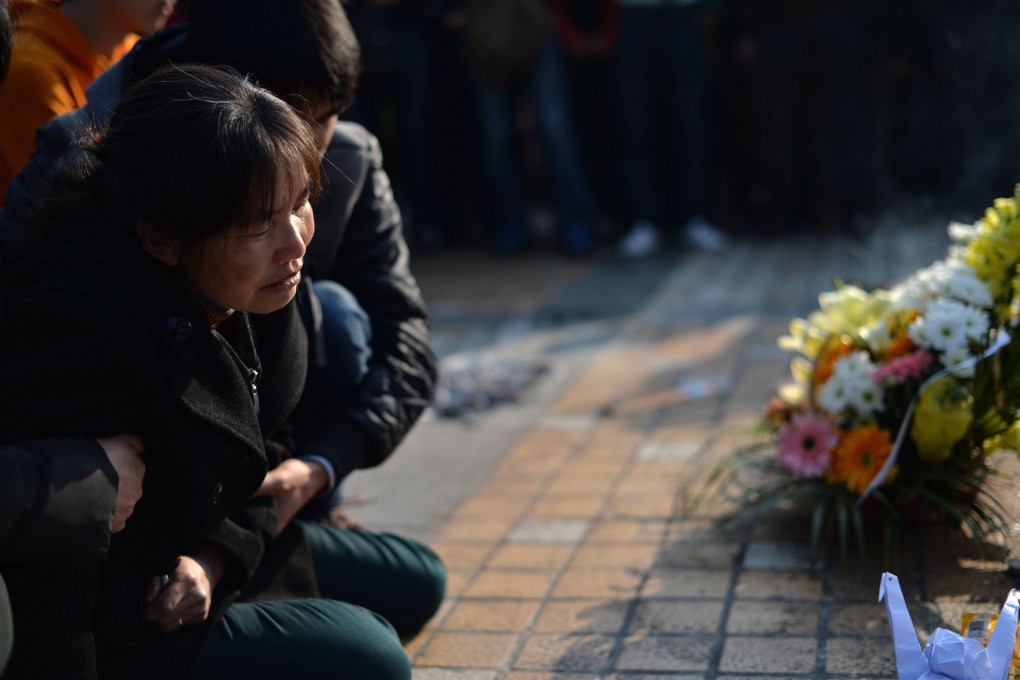Opinion | China must address the grievances that fuel terrorism
Hu Shuli says while it is important to crack down on terrorism, the government must also work to foster national unity amid ethnic diversity

Twenty-nine people were killed and 143 wounded in the terrorist attack in Kunming on March 1. Forty hours after the assault, China's security authorities named Abdurehim Kurban as the mastermind. Police said "East Turkestan" flags used by Uygur separatists from Xinjiang were found at the scene.
Only six months earlier, a group of these separatists staged an attack at Tiananmen Square by driving a car through a crowd then crashing it, killing five people and injuring 40 others.
These two attacks perpetrated by Uygur separatists bear some similarities. First, they happened in crowded public places that are landmarks - Tiananmen is the political heart of China while Kunming railway station is a regional hub.
Second, the attackers were brutal and were prepared to die for their cause - all three terrorists involved in the Tiananmen attack died in action, while four of the five knife-wielding assailants in Kunming were killed.
Three, the dates of the attacks were picked with care: one happened just before the Communist Party's all-important third plenum; the other, just days before the annual legislative sessions.
Their time and location underlined the terrorists' intent to get maximum political mileage out of the attacks. This brings to mind the September 11 attacks targeting the US.
With the end of the cold war, there's been a clear shift in the tactics of the East Turkestan separatists; their area of activity has widened, their tactics have become more violent. The clash between ethnic Uygurs and state police on April 5, 1990, in the Baran township near Kashgar , was a watershed in the East Turkestan separatist movement, signalling its transition from a political campaign to a full-on terrorist movement.

